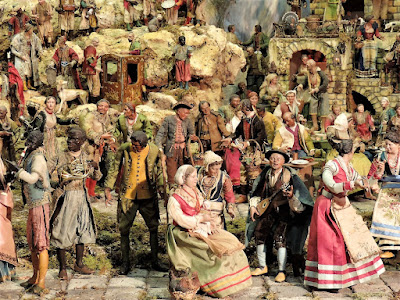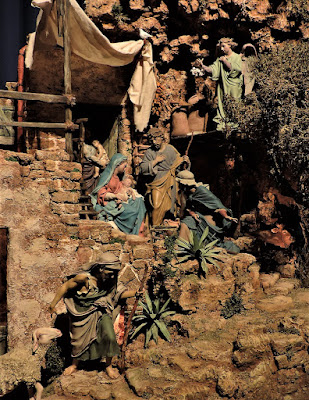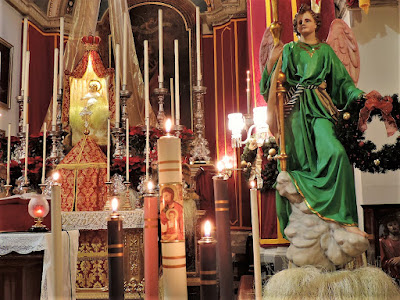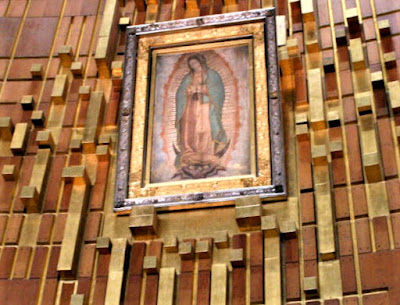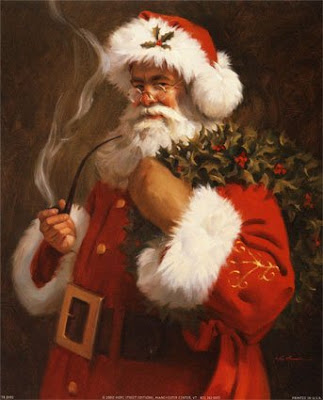As the dawn breaks on a new year, let us give thanks for all we hold dear: our health, our family and our friends. Let us let go of all grudges, anger or disappointments we have suffered. Let us serve all who are in need, regardless of race, color or creed. Let us lead the world from darkness to light, from falsehood to truth, from wrong to right. Forgive us Lord, for the promises and resolutions we made and never fulfilled. Forgive us when we neglected prayer, took Your presence for granted, and then expected miracles when things went wrong.
Teach us truth, so that we
may walk with courage. Teach us mercy, that we may walk with humility. Teach us
forgiveness, that we may walk with compassion. Teach us grace, that we may walk
with strength. Teach us wonder, that we may walk with praise. Teach us
goodness, that we may walk with those in need. Learning from you, may we stay
close to you, and carry others with us.
May your new year be filled
with peace, health, prosperity and love. May the presence of God restores you,
renews you and refreshes you. Look at this year’s potential stretched out
before you. Use every day profitably, and be faithful in every opportunity that
lies before you. Wishing all those who visit and get inspired by this Blog a blessed 2022.




